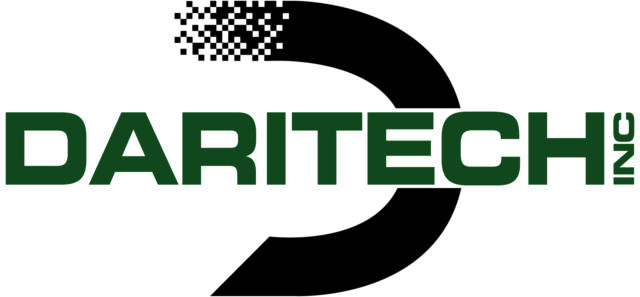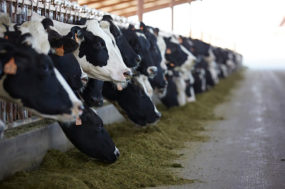What education are you bringing with you to this position?
I graduated from the University of Guelph with a Bachelor of Science in animal biology in 2008 and a Master of Science in 2010.
Please describe your agricultural background.
I was raised on a small dairy farm, Milvalea Holsteins, in central Ontario. Growing up I participated in 4-H in dairy and judging clubs.
What territory will you cover?
I will be covering western Canada, from Manitoba to British Columbia.
What are your new responsibilities?
To work with producers to ensure they are aware of the services and programs offered by Holstein Canada and effectively using these services as part of their breed improvement strategies. I will be working closely with the provincial branches and members to ensure their association needs are heard and met.
What previous positions have you held?
Prior to joining Holstein Canada, I was a lecturer in animal science at the University of Guelph – Kemptville Campus for five years. The last two years at Kemptville, I served as the coordinator of the agriculture diploma program.
Who has made the biggest impact on your career?
My family has had a big impact on my career. I was fortunate to grow up on a dairy farm and was exposed to agriculture at a young age. My family has always been supportive of my education and career choices.
How will you be of most help to producers in your region or area of expertise?
I will be making regular visits to each province to work with producers and to attend industry events. My monthly visit schedule will be published in Info Holstein. If I am not in the area, I am always available by phone or email.
Why did you choose this company?
Holstein Canada represents the most passionate Holstein breeders and dairy producers in the world. In this position, I will be able to work with these producers on a daily basis. As an employer, Holstein Canada provides strong leadership and a great team-working environment.
What goals would you like to accomplish while in this position?
I would like to help producers become more profitable through breed improvement strategies. The association provides producers with a number of tools to make breed improvement decisions. My goal is to help producers use these tools to improve herd genetics and profitability. PD








